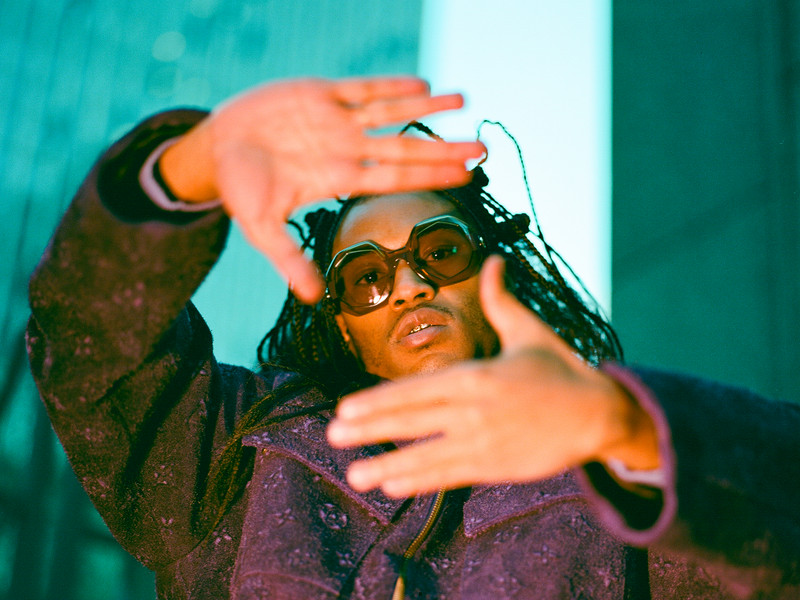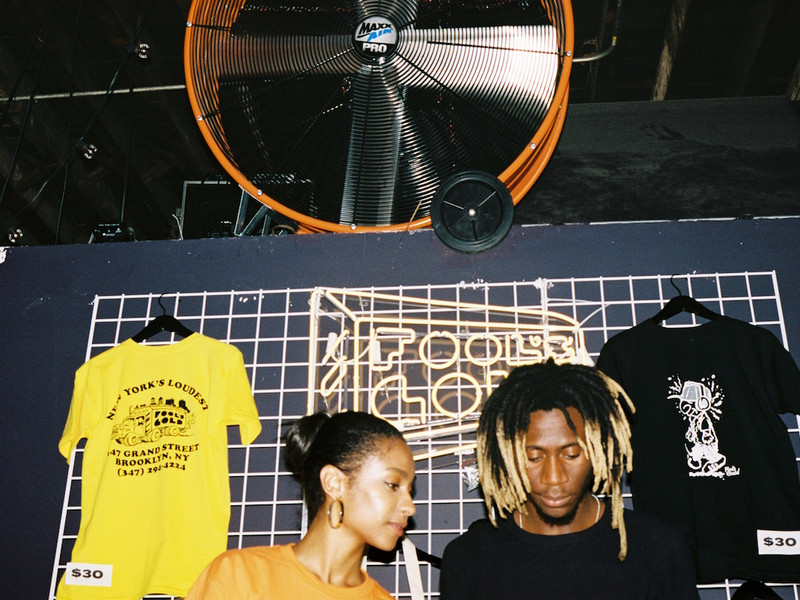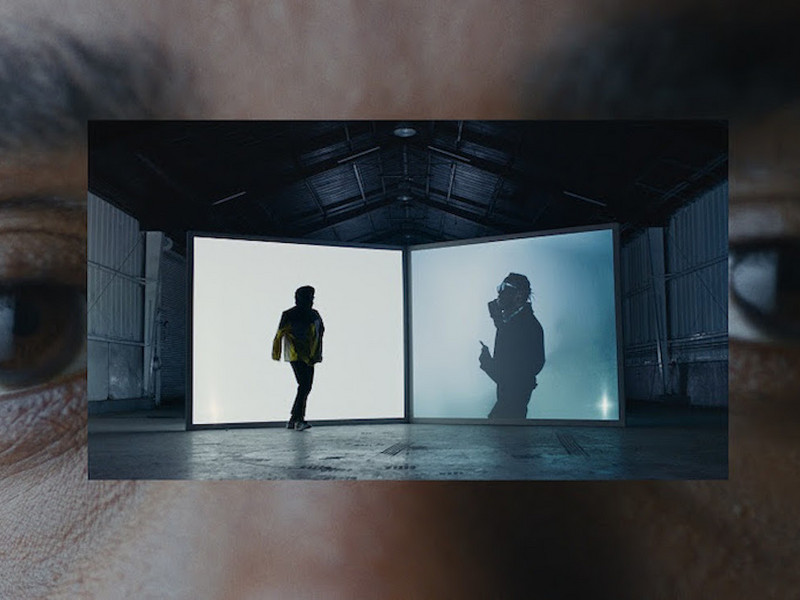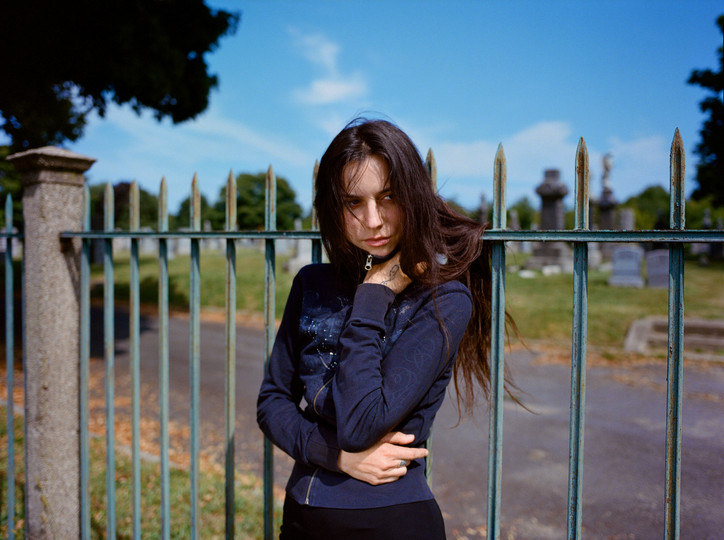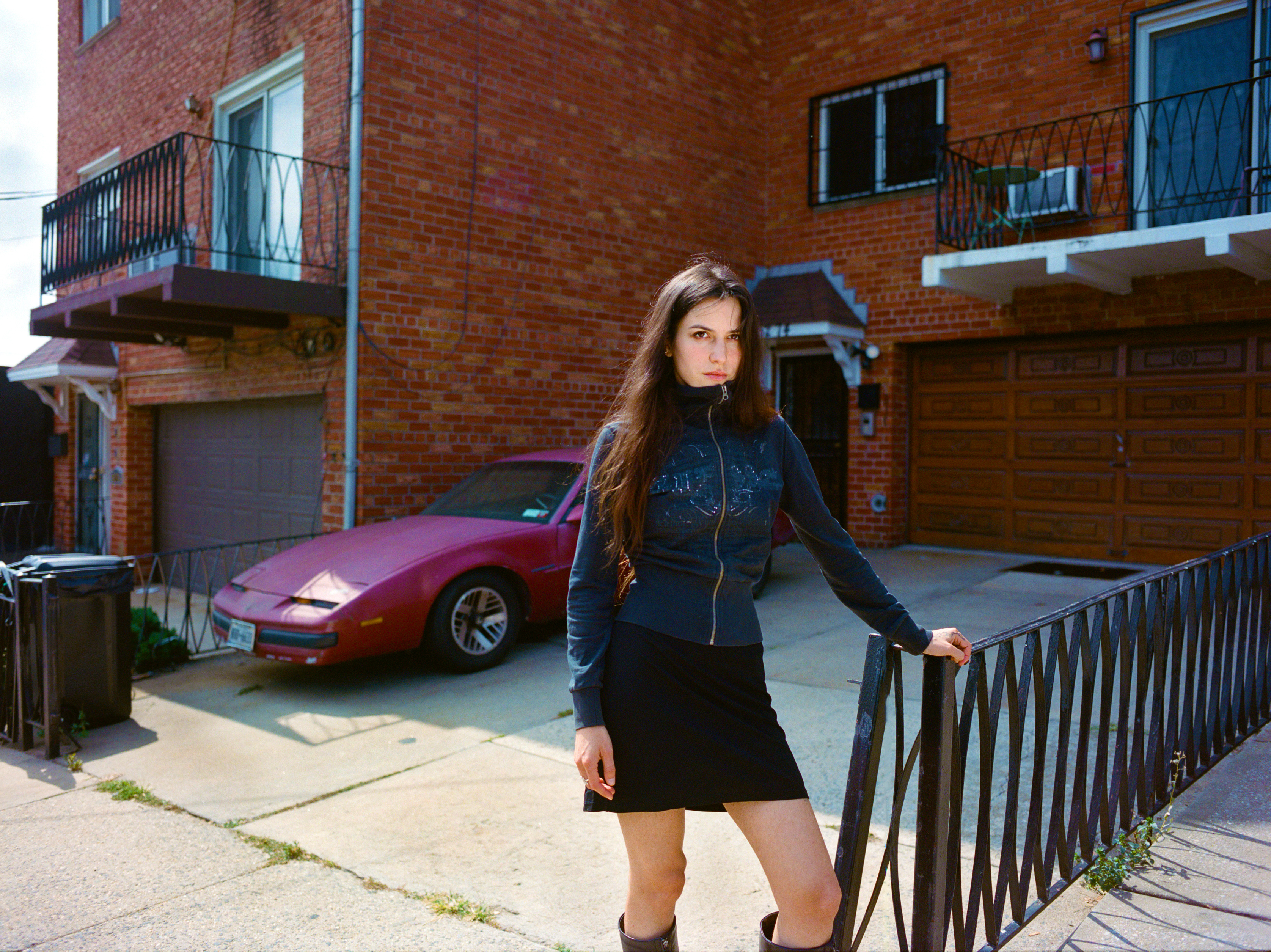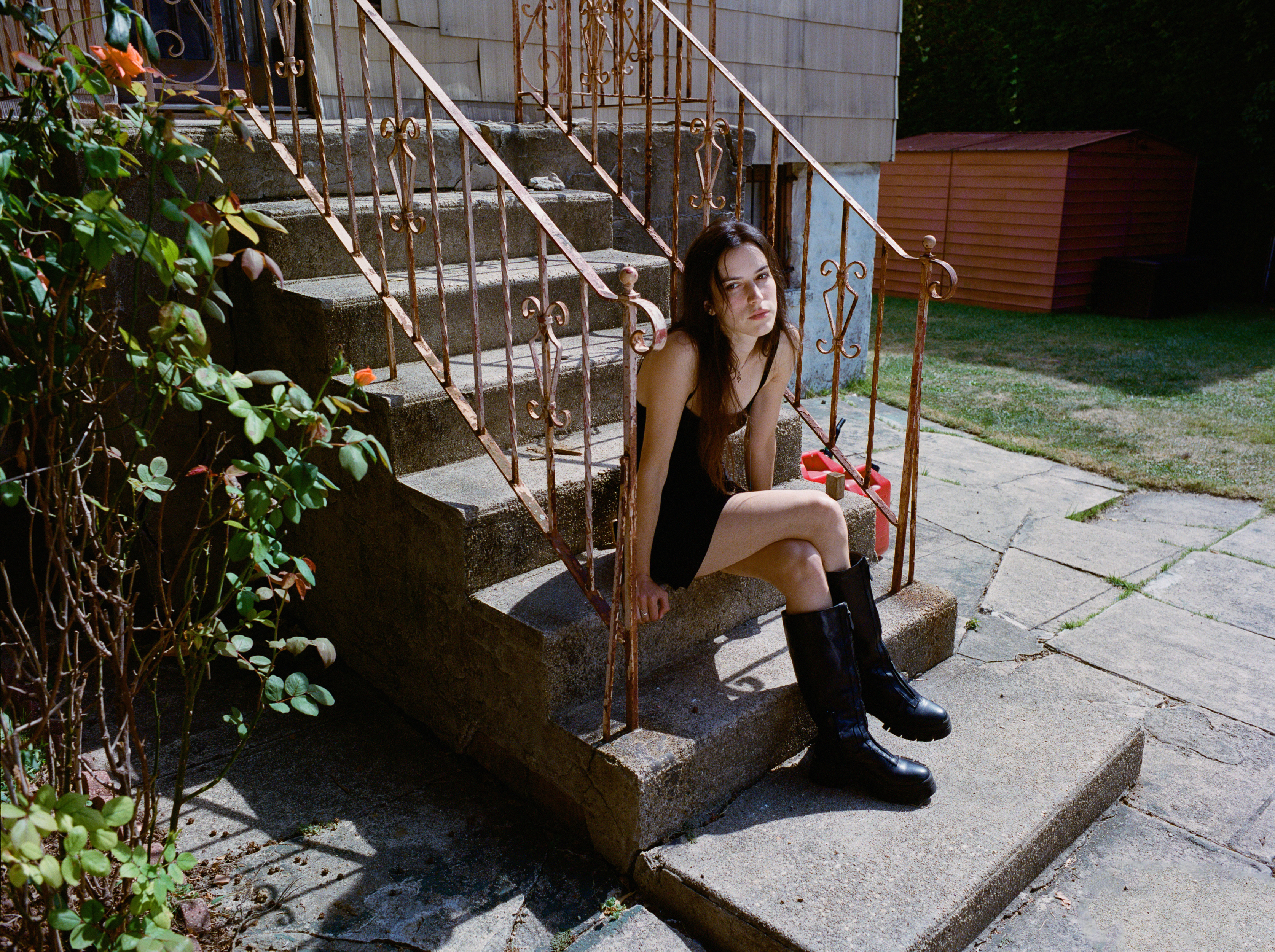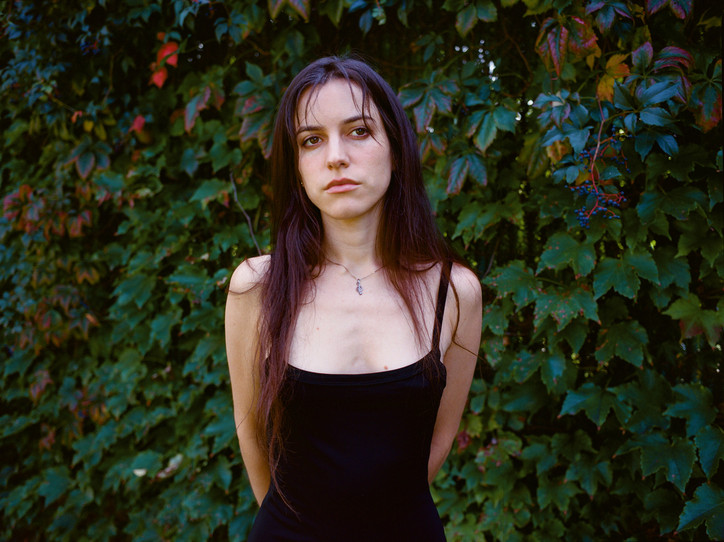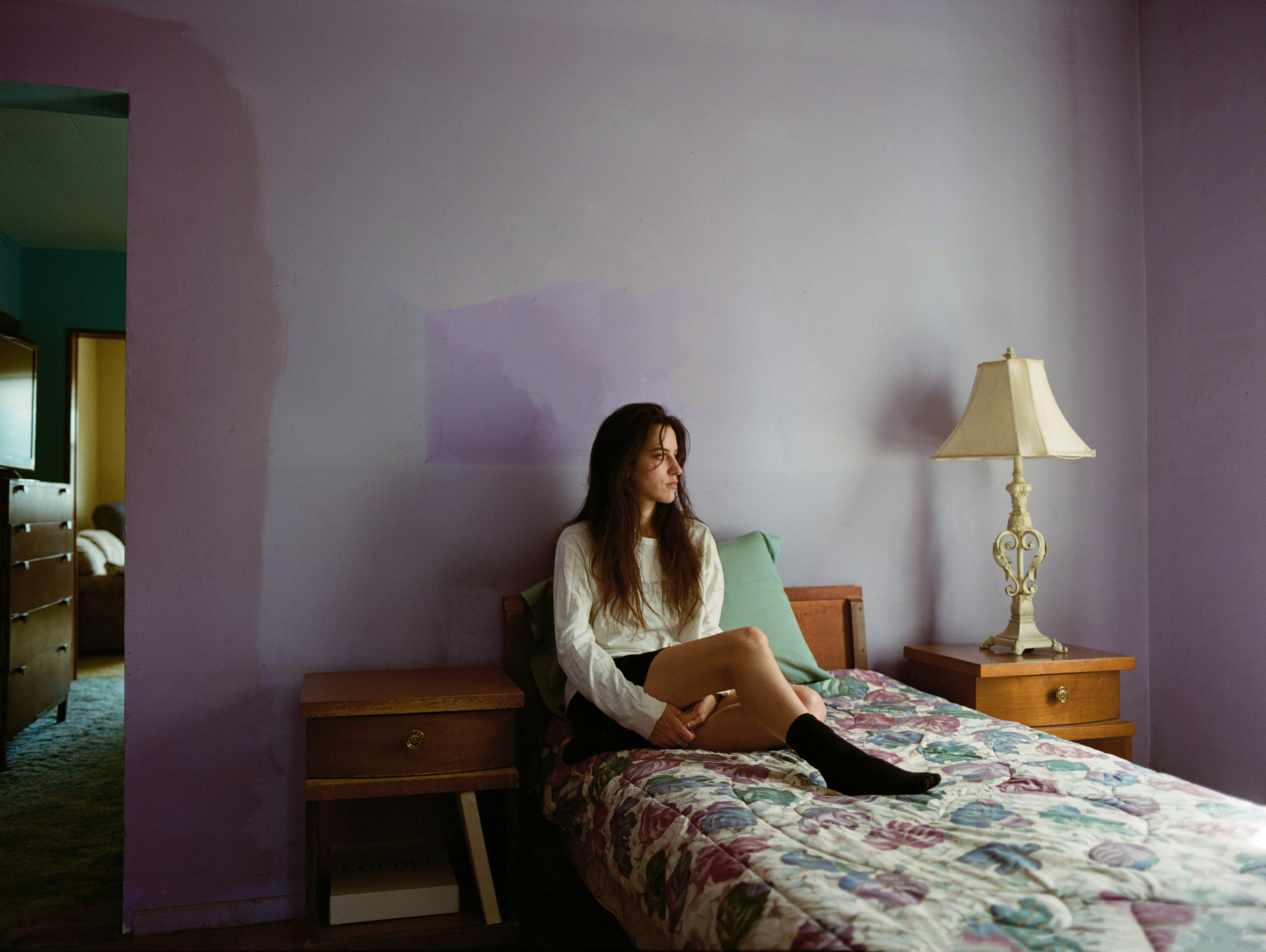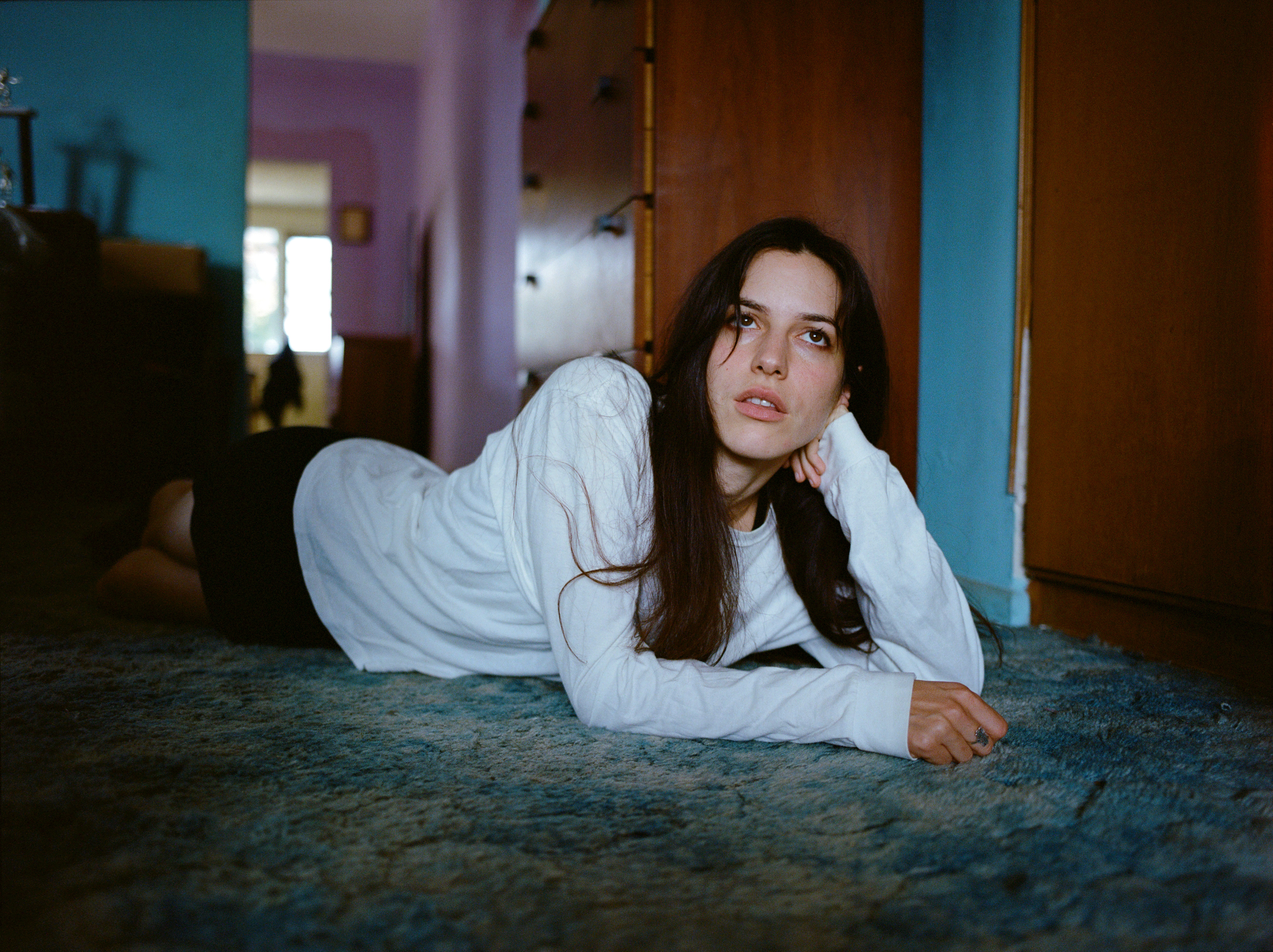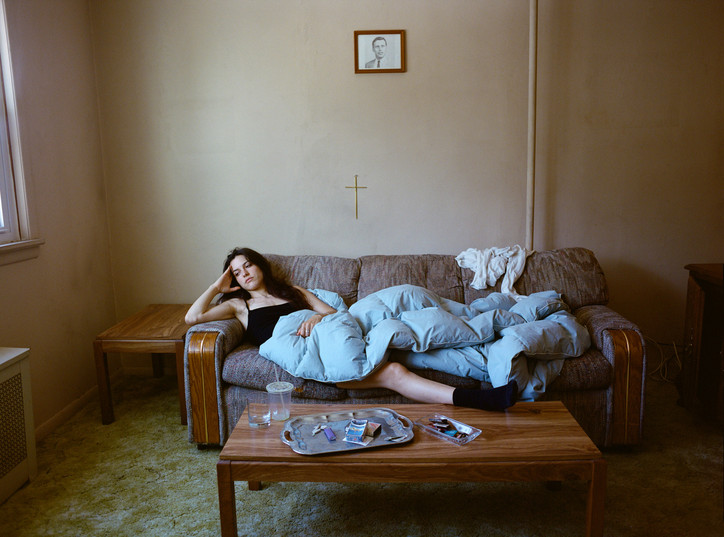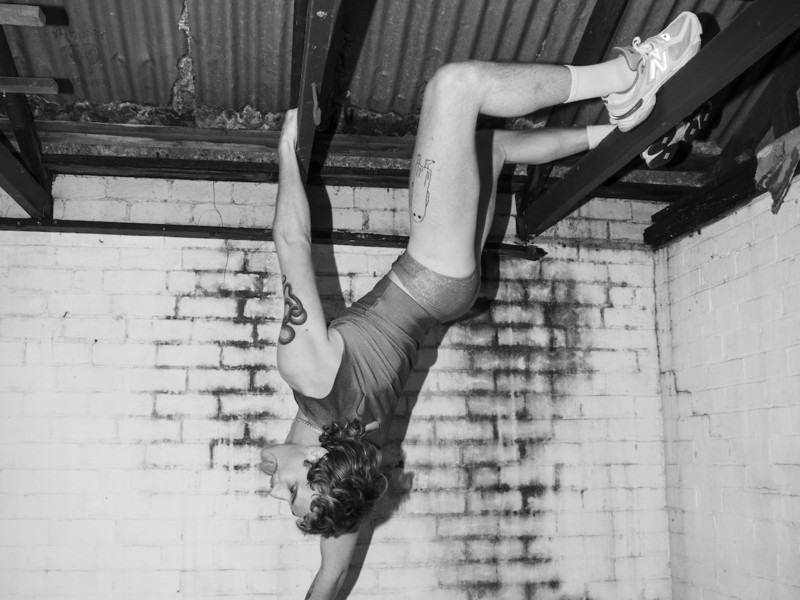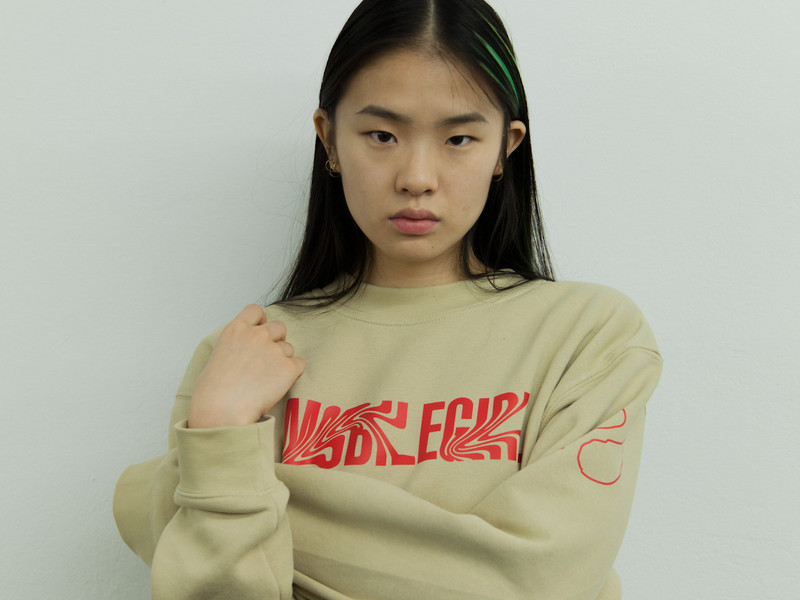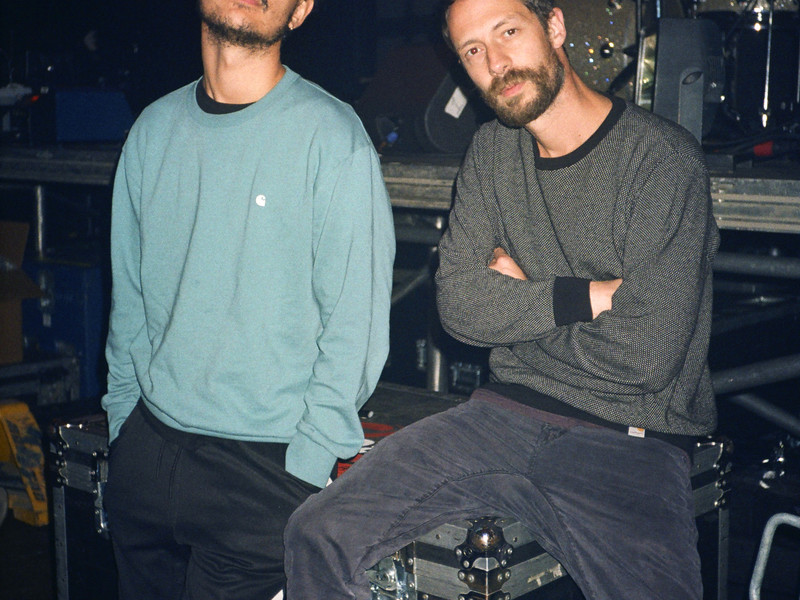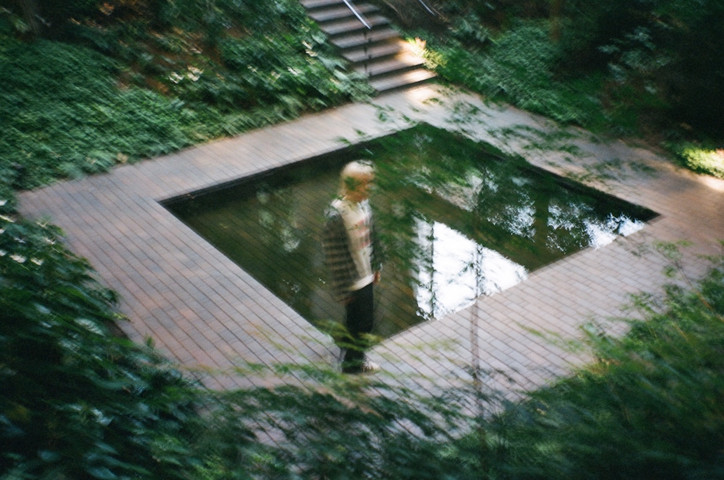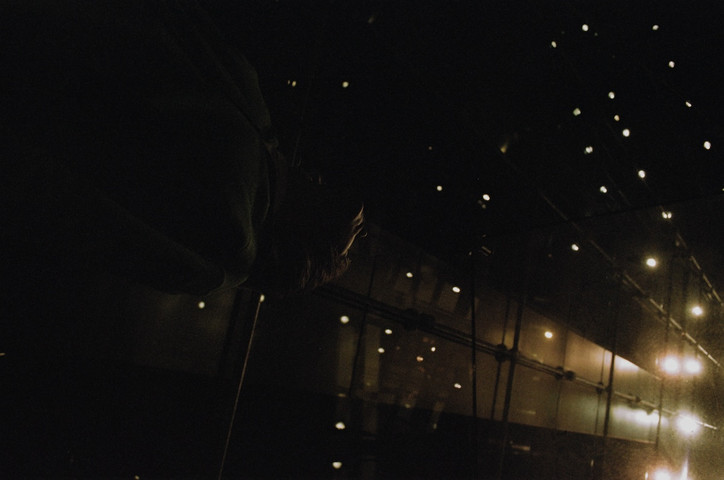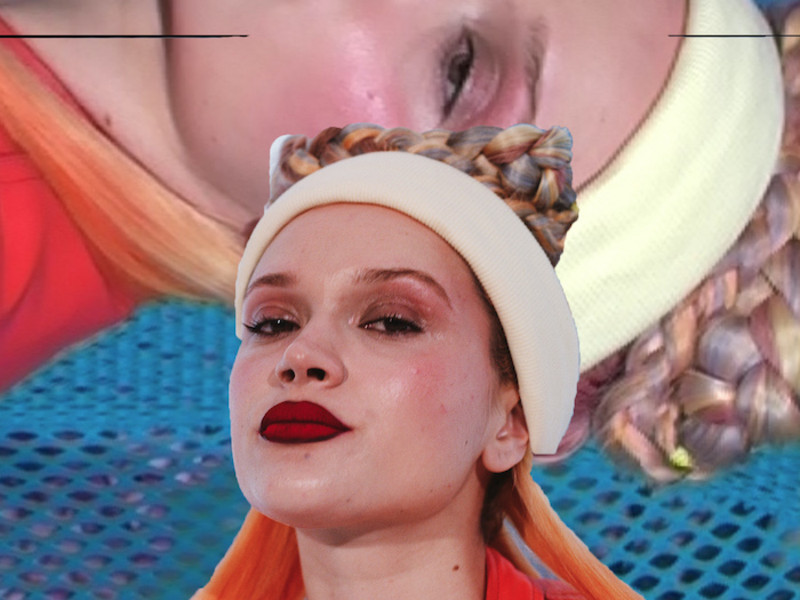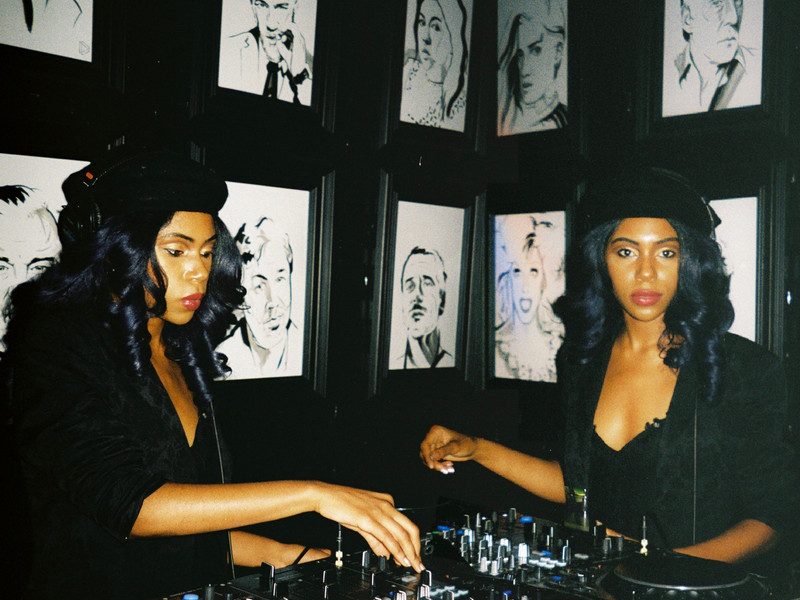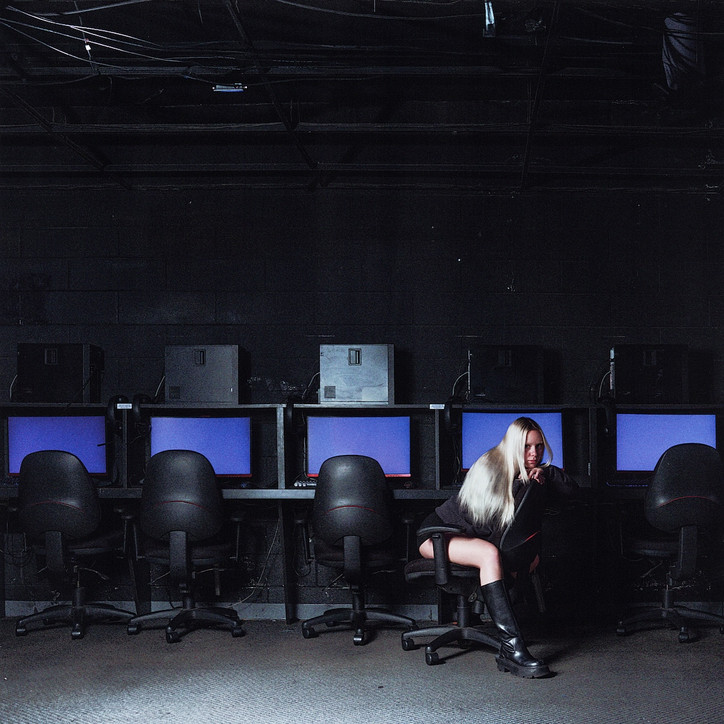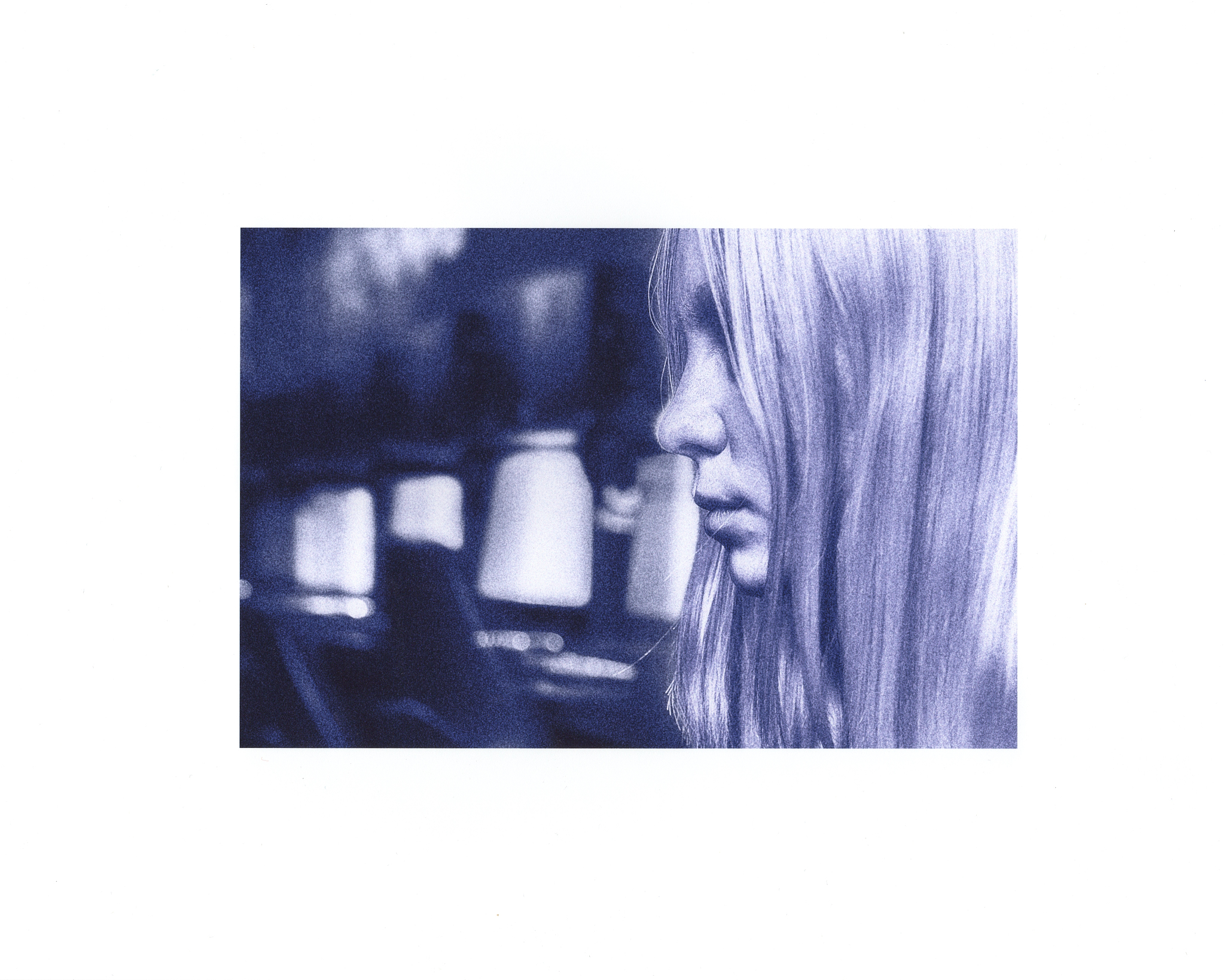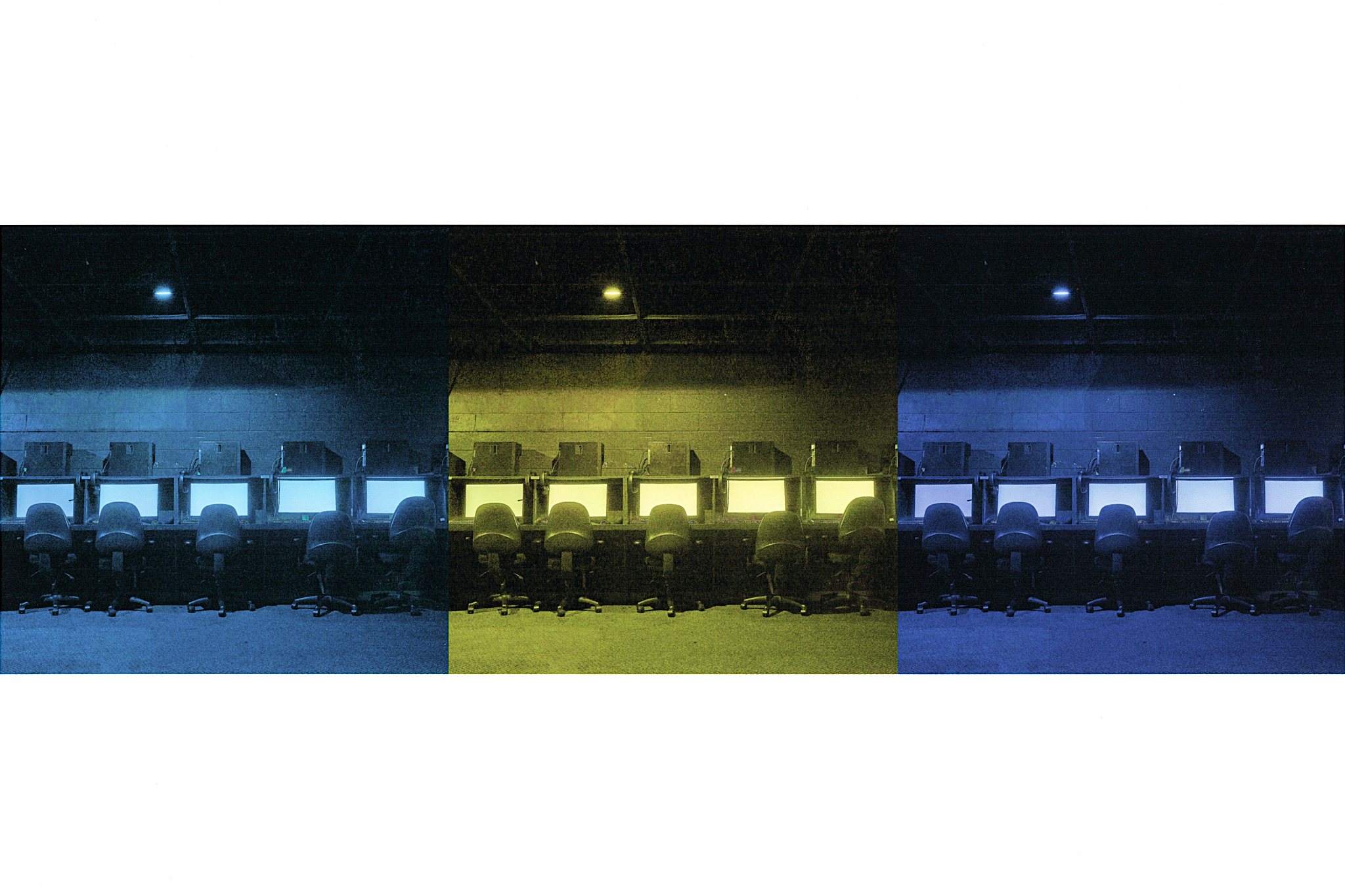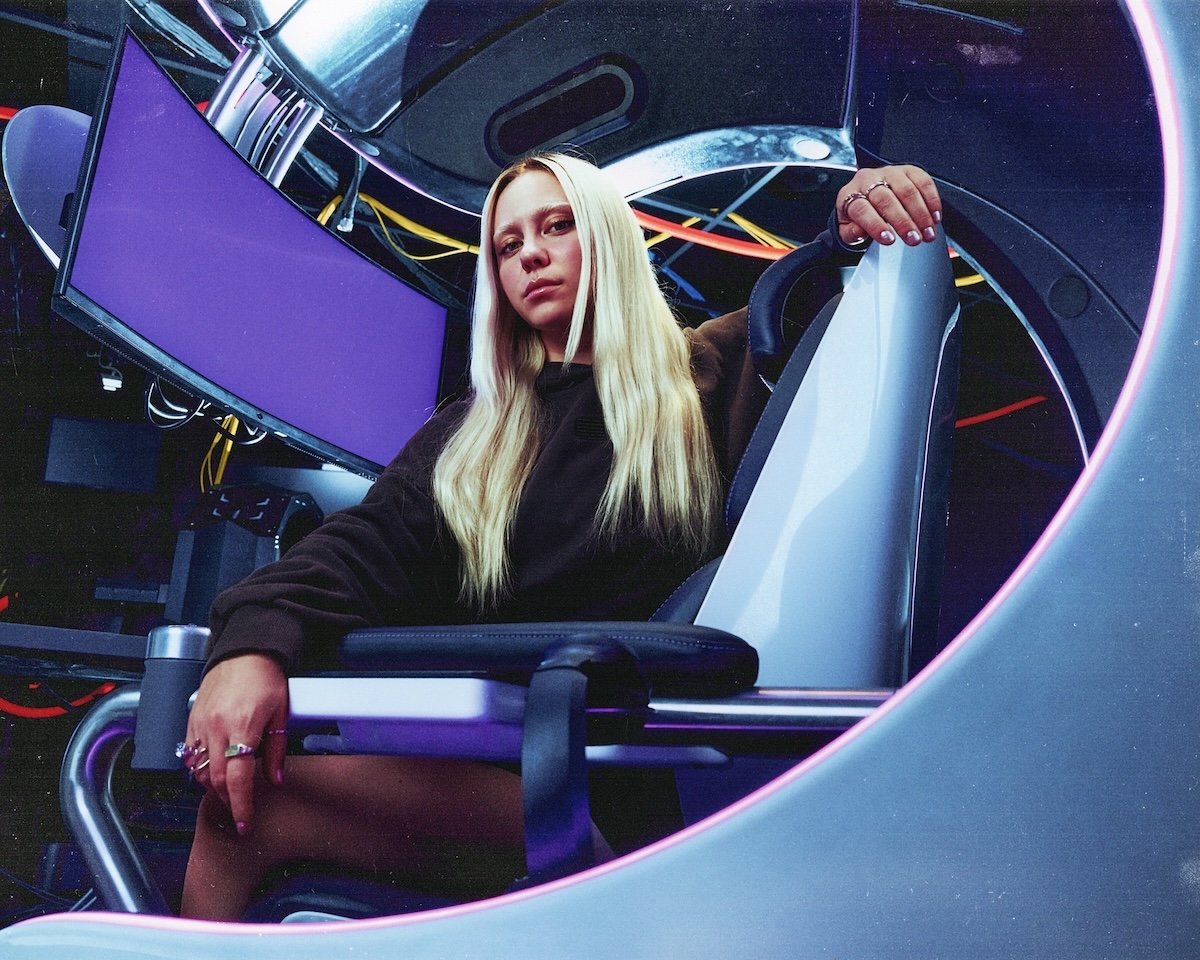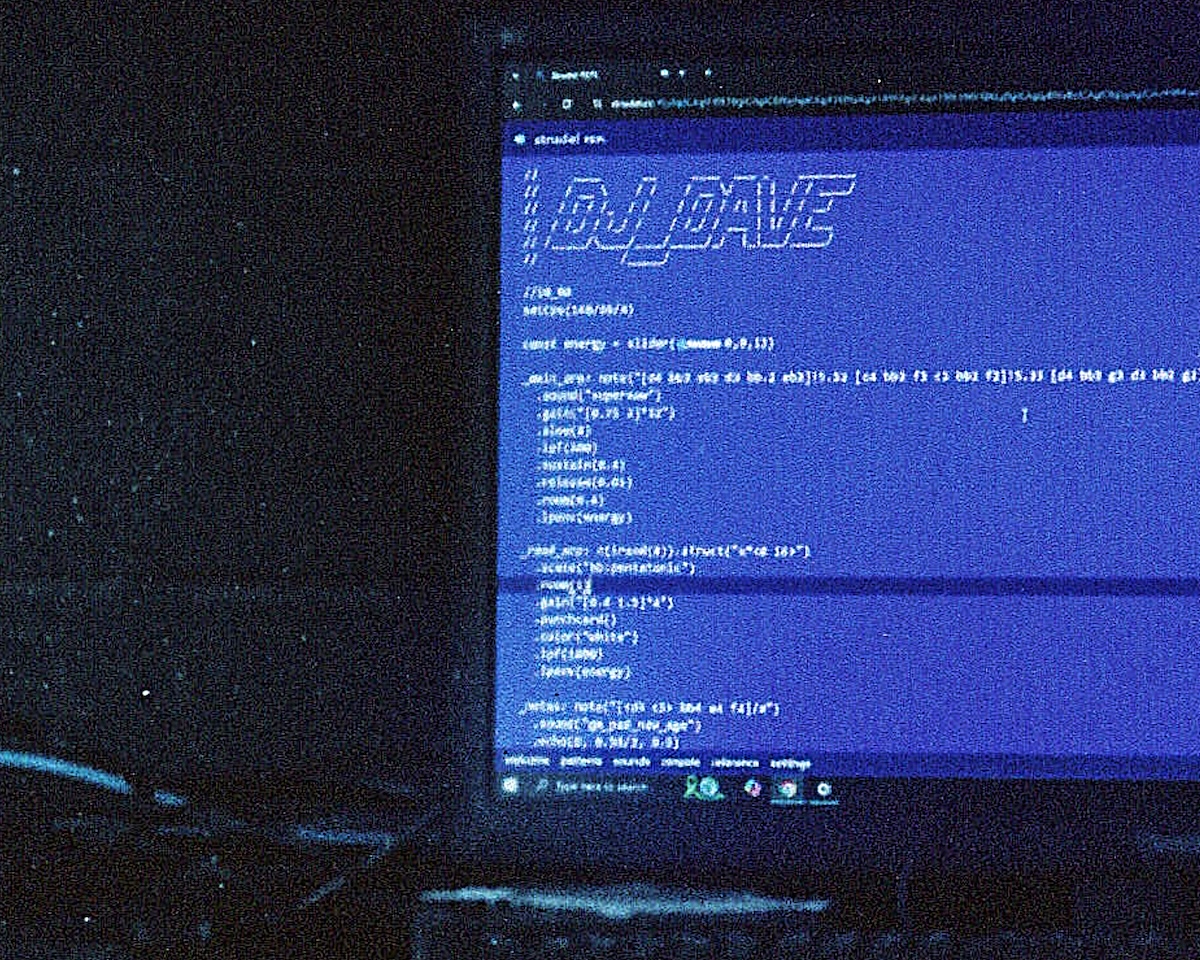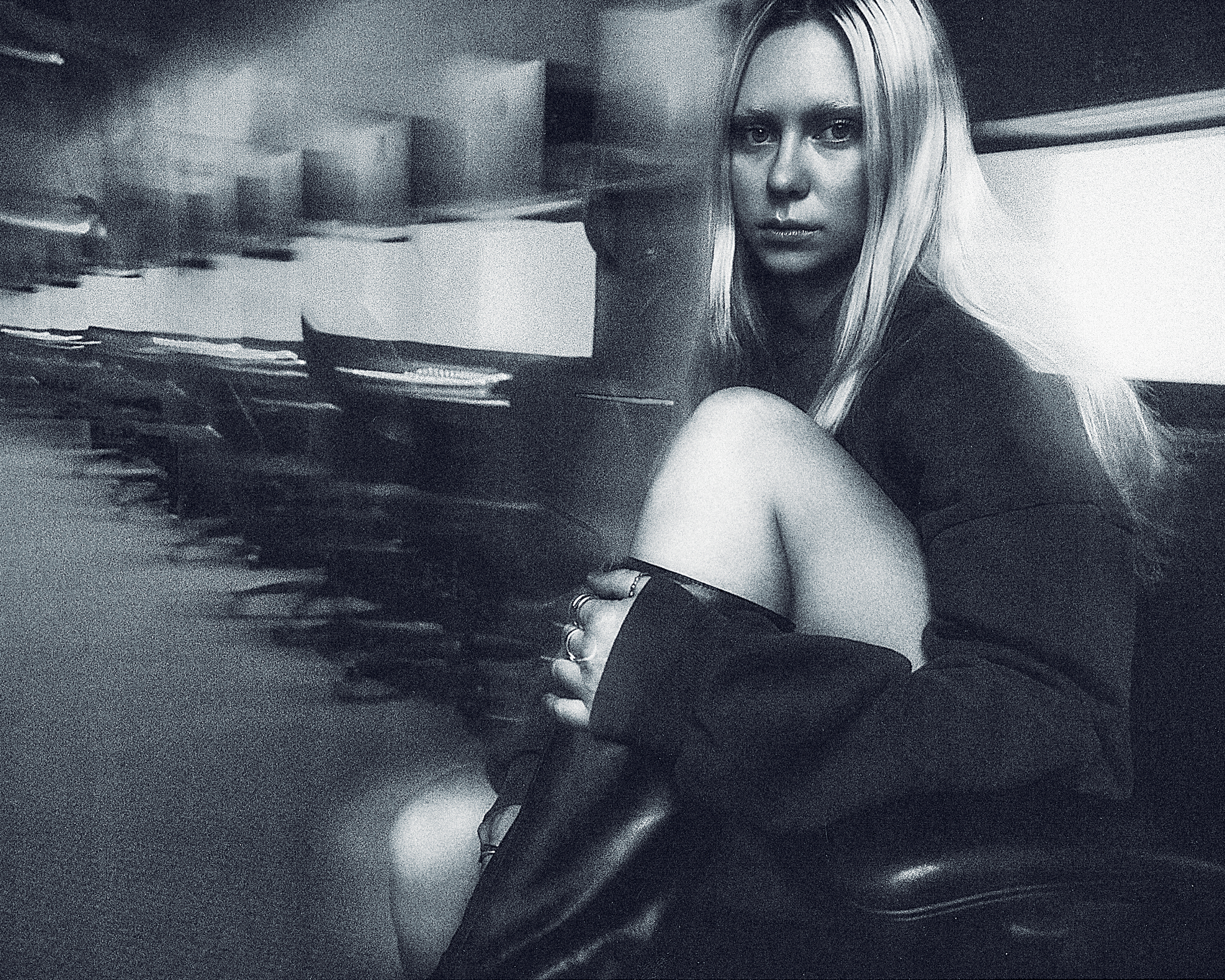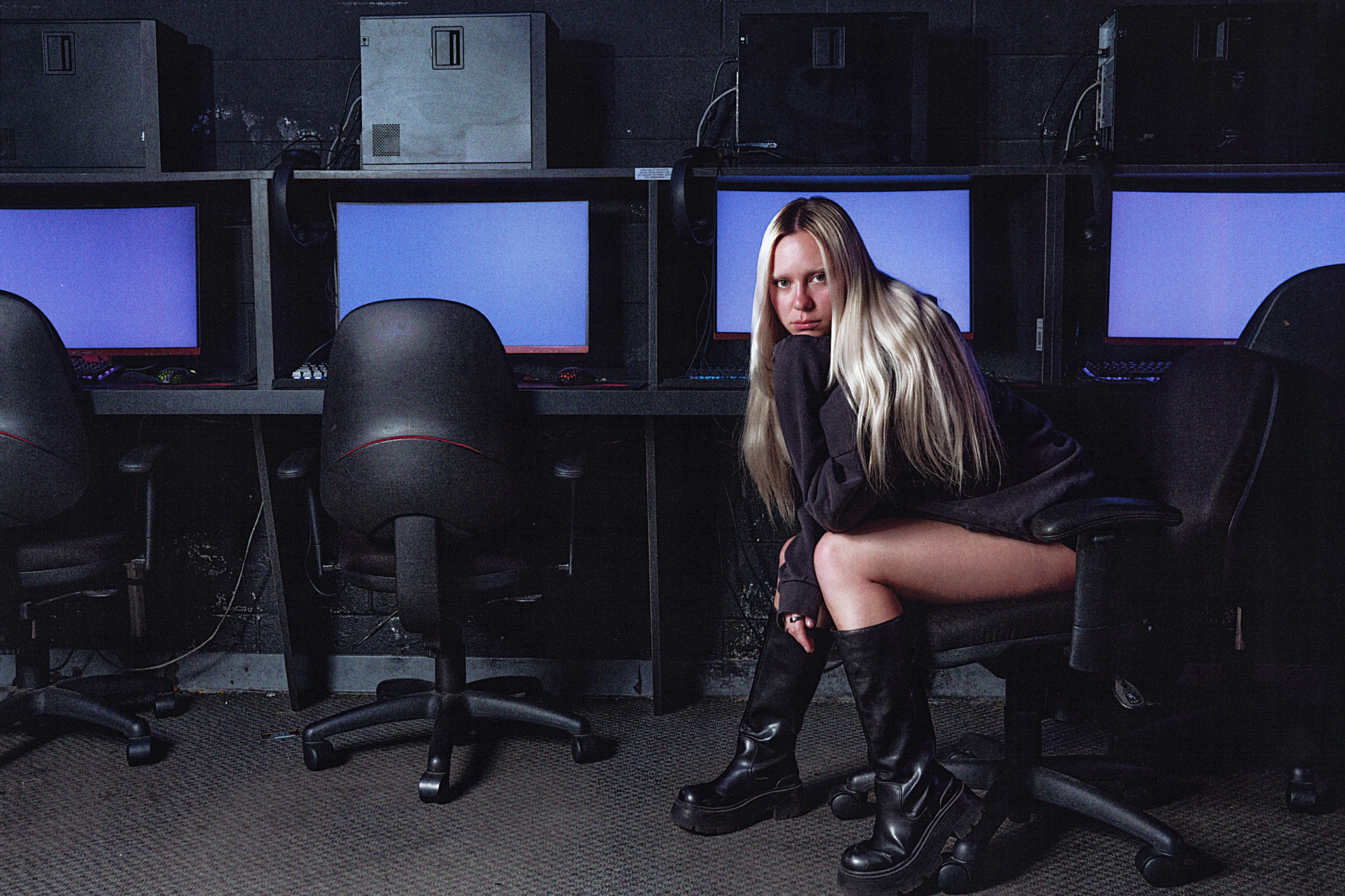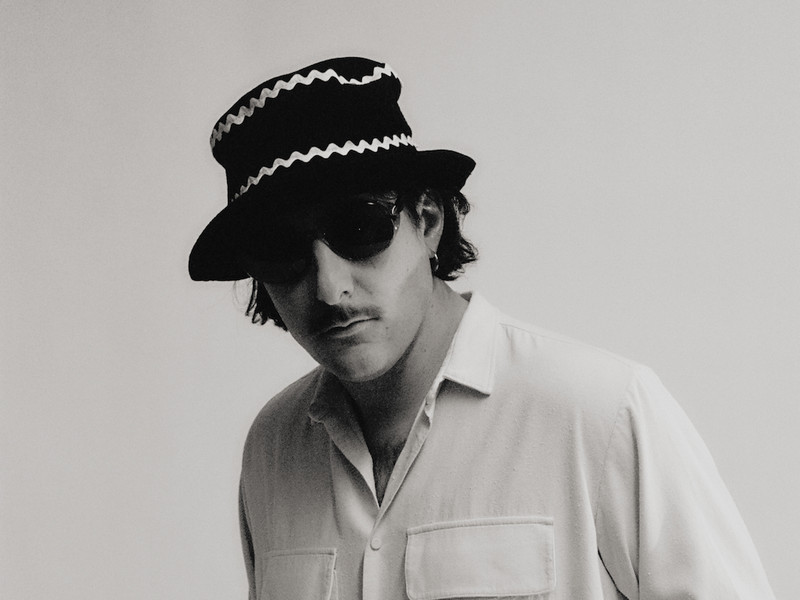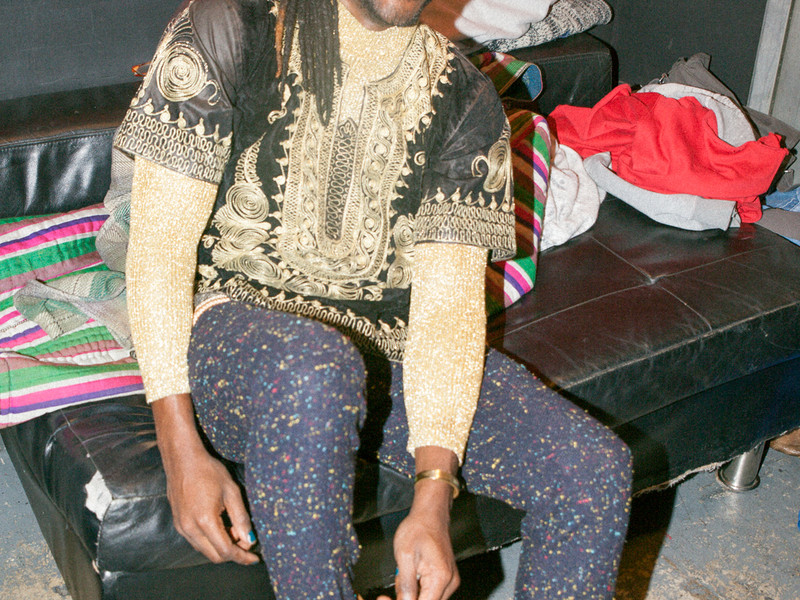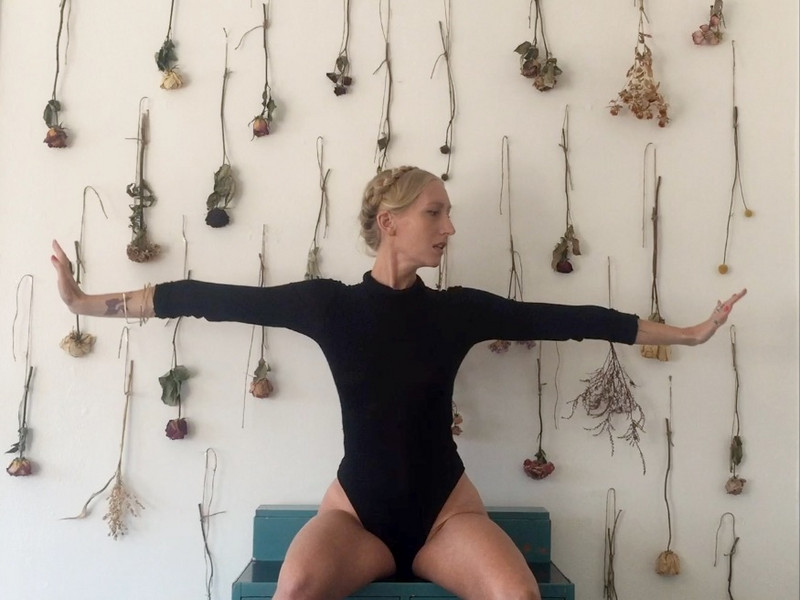I noticed you're back working with CaseyMQ. I'm sure you guys have never stopped working together. What's it like working with someone you’re so comfortable with who can help you unpack your life into song?
Casey is amazing to work with because he understands my vision. He's the only person that basically can help me on every aspect of the music from lyrics to melody, elaborating on certain parts, just everything. He can, I think, he can pull out any texture of sound I want, and everything I cannot do, he can do. I don't think I'll ever find someone like that ever to write my songs with him and I'm very grateful to have met him.
How has your work together evolved especially for this project?
For this project sonically, there is one common ground connecting the majority of the songs and that is this idea of finding the perfect loops. This idea came from my listening and admiration of artists like Chuck Person’s with his Ecco Jams and Lorenzo Siemi who I’ve been listening to for a long time who also had those ideas at their forefront.
So instead of elaborating on melodies and harmonies that change and that are patterns that are longer in time, the songs on this album were based on singular patterns that I really liked and then we thought okay let's try to make a song with that.
That’s really cool to hear because now we can all listen for those loops. I feel like things of that nature are what make songs so enjoyable to listen to.
Yea, it’s like the song can go on forever.
Continuing on the idea of collaboration, for this project you have a song with Underscores! How did that come about?
April (of Underscores), she's blown my mind with her previous body of work – the richness of it, the way she masters her productions, and she's doing it all by herself! She's some sort of genius to me. I think I just really trusted her ability to work with anything I sent over to her plus I knew she would bring something more even than her vocals to the track. And she did.
And a song with Bladee! Tell me about that one? Did these collabs happen sort of organically?
So there was nothing organic about these collabs, I'm afraid, because I actually don’t think I've ever met either IRL. [laughs]
Or actually, I met Bladee probably eight years ago or nine years ago. We were both starting our careers, the SoundCloud era and then he did what he did with all these Swedish boys.
Drain Gang?
Yeah, exactly! Those guys like Young Lean and their producers as well, obviously, have always been an influence and an inspiration for all these years, so I've always hoped that one day I could make a song with them to honor the connection I personally have with them.
I've sent a message, I think, to several people from Drain Gang and Bladee answered positively. So, I sent him a track and he was into it, and that's how it happened! I'm super grateful that he accepted because I guess he must be receiving so many messages...
Well, no, actually, I didn't send it out of blue. He did say once, “Oh, it would be nice to do something together”. So it wasn't totally like out of the blue
I think the people are going to lose their minds when they hear the songs! It’s also it a bit like you said, nice when you make these decisions, you can come together and it's greater than you. It's really satisfying.
Yeah, exactly. Super exciting.
This project is currently called choke enough, but since it doesn’t come out until February, do you think that will change? I ask because when your team sent over the album for pre-listening, they said some aspects might still change.
I think I’ll keep it, even though I thought about it recently I was like, “hmm, do I want to change it?”, but I don't have other ideas, so I don't think it's going to change.
I wanted to know, and you can also just leave it as that, but what does that title mean? From my interpretation, it's almost like when you just go through so much, but it doesn’t seem like it’s end so you’re asking yourself when is it enough?
So I guess I have many different things to say. First thing is that there is a song titled “choke enough” on the album that I just love so much. I was really hyped? Hyped is that, can I say that?
Haha, yeah, yeah. Like really excited?
I'm really imitating Americans, with that one, with words I don’t even understand. Hyped [laughs]. But yea, I was very excited about that song and I had all these ideas of titles, but none of them were good enough. So at some point, Casey, again, was like, “Well, if you like “choke enough” that much, you could just call the album that.” It took me a bit of time to solidify that choice because I knew that the phrase doesn't really mean anything in English. It's not something you say.
Yeah, I know. Like what is choke enough? You know?
It’s kind of just gibberish that I sang on the song and it just stayed there. I also like the fact that it doesn't really mean anything and it becomes brutal proof that I don’t always master what I’m trying to say.
Mhm, mhm.
Also, people can, as you just did, try to put their own meaning to it which is always something I appreciate. It’s the search for the drama, which I was leaning towards myself and I lost myself a little bit.
How so?
There’s this feeling of looking for sensations and the idea of being a bit overwhelmed with all of these different paths and not knowing which one to take. The album for me is like a messy bedroom.
The everyday struggle.
Exactly. That's exactly what this song is about. It’s asking, “how far am I ready to go in order to feel alive?” The way you are seeking the drama and getting into these situations, but on the other hand, how are you going to find fulfillment in a more simple life? Not the super sexy aspects of life, but also learning to value very accessible, and tangible moments in life.

